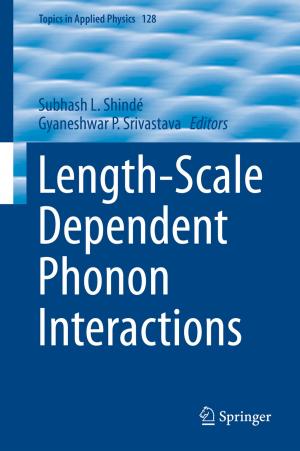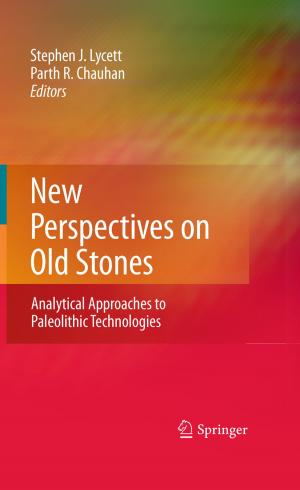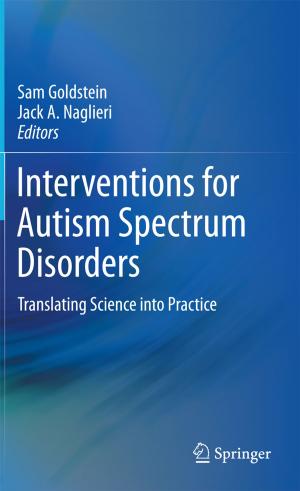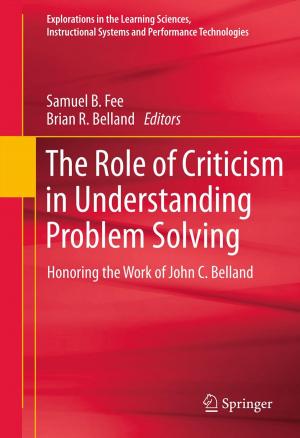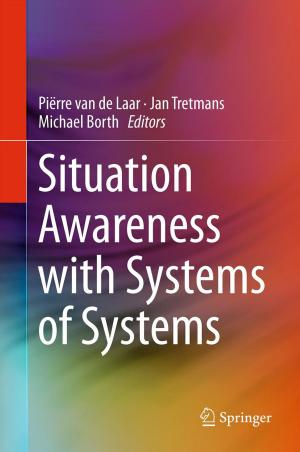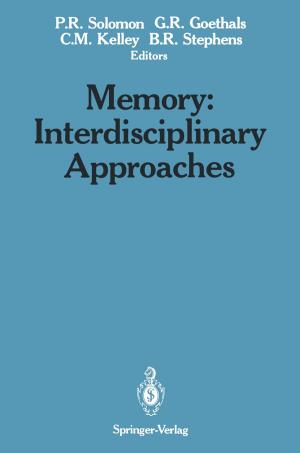Multisensory Imagery
Nonfiction, Health & Well Being, Medical, Specialties, Internal Medicine, Neuroscience, Neurology, Science & Nature, Science| Author: | ISBN: | 9781461458791 | |
| Publisher: | Springer New York | Publication: | January 19, 2013 |
| Imprint: | Springer | Language: | English |
| Author: | |
| ISBN: | 9781461458791 |
| Publisher: | Springer New York |
| Publication: | January 19, 2013 |
| Imprint: | Springer |
| Language: | English |
Is a pear sweeter than a peach? Which of Mona Lisa’s hands is crossed over the other? What would the Moonlight Sonata sound like played by a brass band? Although these are questions that appeal to mental imagery in a variety of sensory modalities, mental imagery research has been dominated by visual imagery. With the emergence of a well-established multisensory research community, however, it is time to look at mental imagery in a wider sensory context. Part I of this book provides overviews of unisensory imagery in each sensory modality, including motor imagery, together with discussions of multisensory and cross-modal interactions, synesthesia, imagery in the blind and following brain damage, and methodological considerations. Part II reviews the application of mental imagery research in a range of settings including individual differences, skilled performance such as sports and surgical training, psychopathology and therapy, through to stroke rehabilitation. This combination of comprehensive coverage of the senses with reviews from both theoretical and applied perspectives not only complements the growing multisensory literature but also responds to recent calls for translational research in the multisensory field.
Is a pear sweeter than a peach? Which of Mona Lisa’s hands is crossed over the other? What would the Moonlight Sonata sound like played by a brass band? Although these are questions that appeal to mental imagery in a variety of sensory modalities, mental imagery research has been dominated by visual imagery. With the emergence of a well-established multisensory research community, however, it is time to look at mental imagery in a wider sensory context. Part I of this book provides overviews of unisensory imagery in each sensory modality, including motor imagery, together with discussions of multisensory and cross-modal interactions, synesthesia, imagery in the blind and following brain damage, and methodological considerations. Part II reviews the application of mental imagery research in a range of settings including individual differences, skilled performance such as sports and surgical training, psychopathology and therapy, through to stroke rehabilitation. This combination of comprehensive coverage of the senses with reviews from both theoretical and applied perspectives not only complements the growing multisensory literature but also responds to recent calls for translational research in the multisensory field.

